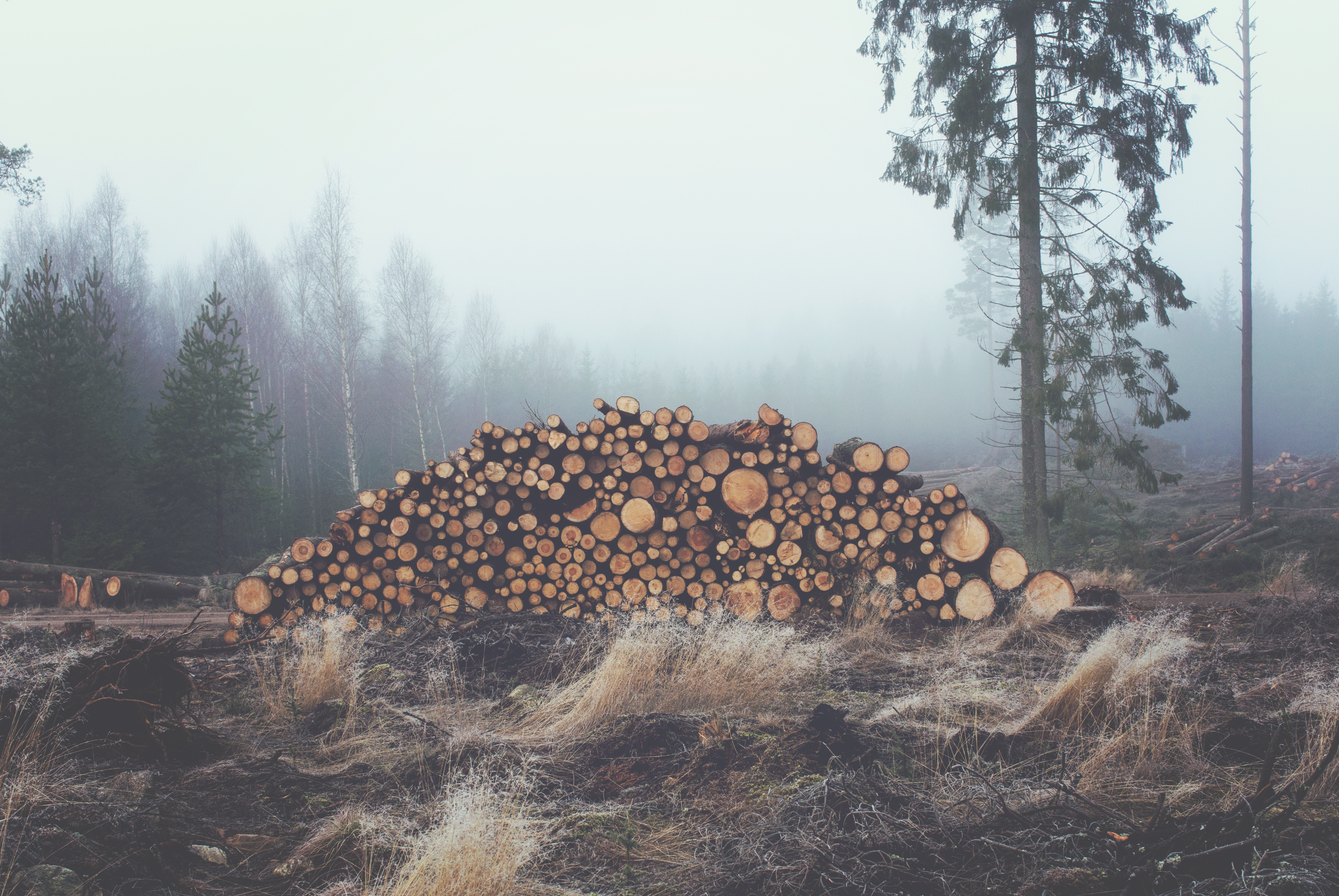Līdaku iela, 23. Talsi, LV-3201
Latvija

Did you know that the fashion industry has hugely negative environmental and social impacts? Let's take a look at it, and learn what we can do to change that while keeping the style.
Did you know that the fashion industry has hugely negative environmental and social impacts? Let’s take a look at it, and learn what we can do to change that while keeping the style.
Fashion is responsible for 10 per cent of human-caused greenhouse gas emissions and 20 per cent of global wastewater.
One kilogram of cotton required to manufacture a pair of jeans consumes 7,500 to 10,000 litres of water. That is enough to feed a person for over ten years.
It makes up 10% of humanity’s carbon emissions, drying up and polluting water sources. 85% of all textiles go to the dump each year.
Seventy million tons of trees are cut down each year to provide wood pulp for fabrics such as rayon and viscose.
Textile workers are mostly underpaid women living in undeveloped countries, working under degrading conditions, including violation of human rights and exposure to health hazards.

Fortunately, there are companies like Stanley Stella, Bella + Canvas and Econscious, among others, changing how they manufacture their products to diminish the environmental impacts.
Here are some actions that companies may take:

Additionally, there are edge technologies in development by scientists worldwide, including producing textiles with fibres from agricultural waste, using nanotechnology, and even algae. For the most part, these technologies are not accessible yet to the final customers.
Consumers can buy less, focusing on what is needed.
Choose from sustainable brands with transparent supply chains or second-hand stores.
Take more care of your clothes – wash less and repair more.
Choose natural fibres, single-fibre garments, and recycled material.

Kurlandly sources tees, tote woven bags, and hoodies from companies with assured environmental practices. At the moment, we work with Stanley Stella and Bella + Canvas.
Bella + Canvas – The company in California adopts a sustainable approach to manufacturing eco-friendly T-shirts. Their manufacturing plants are located in the US or in non-developed countries, including Bangladesh. They are adapted to use seven times less water than most manufacturers and run on solar energy. Finally, they recycle every unused material. Find sustainable Viking and Medieval Bella+Canvas T-shirts in our store.
Get some sustainable, Nordic, and Viking Tees and helps Eco-Friendly Businesses!
Read more at: